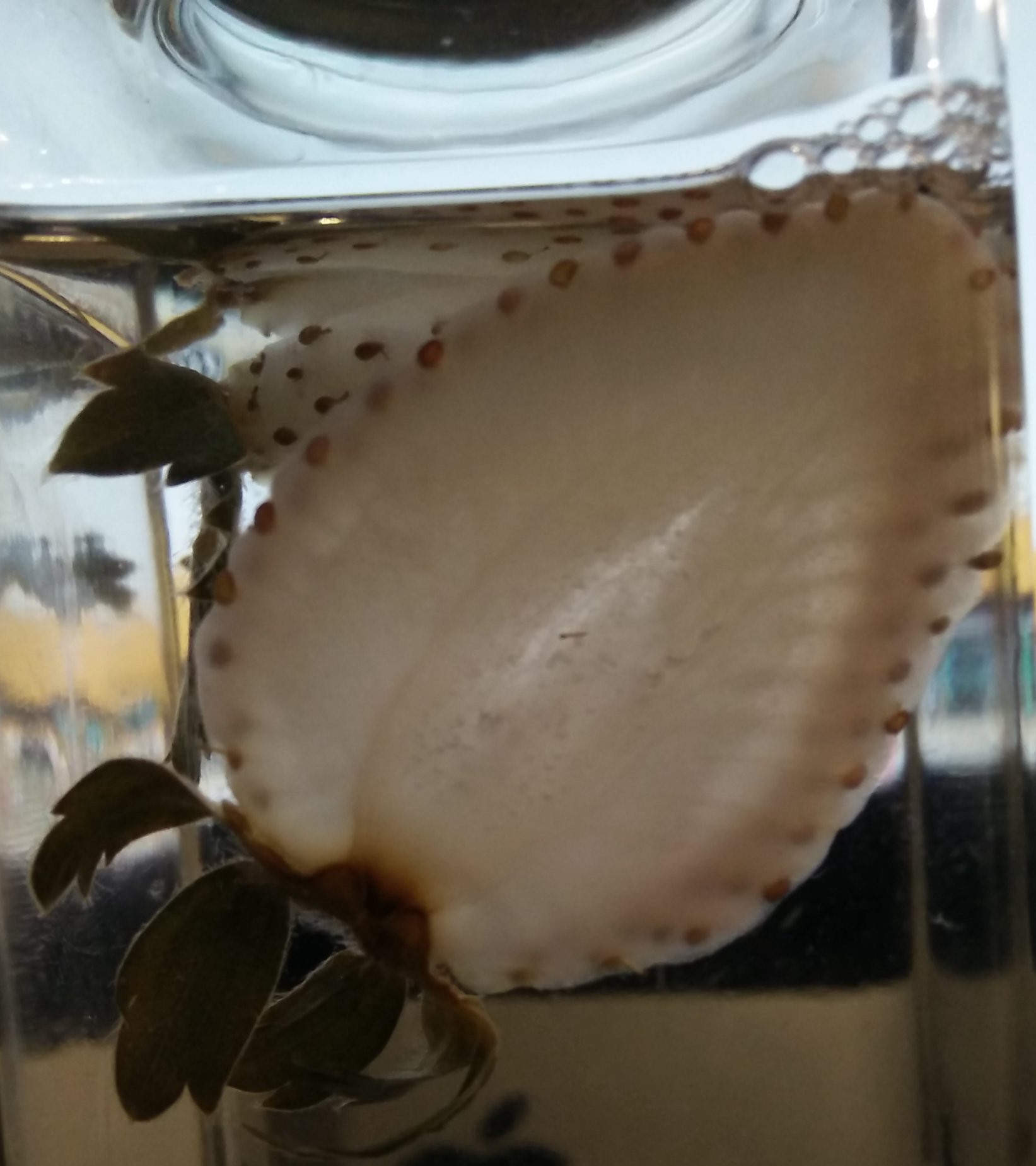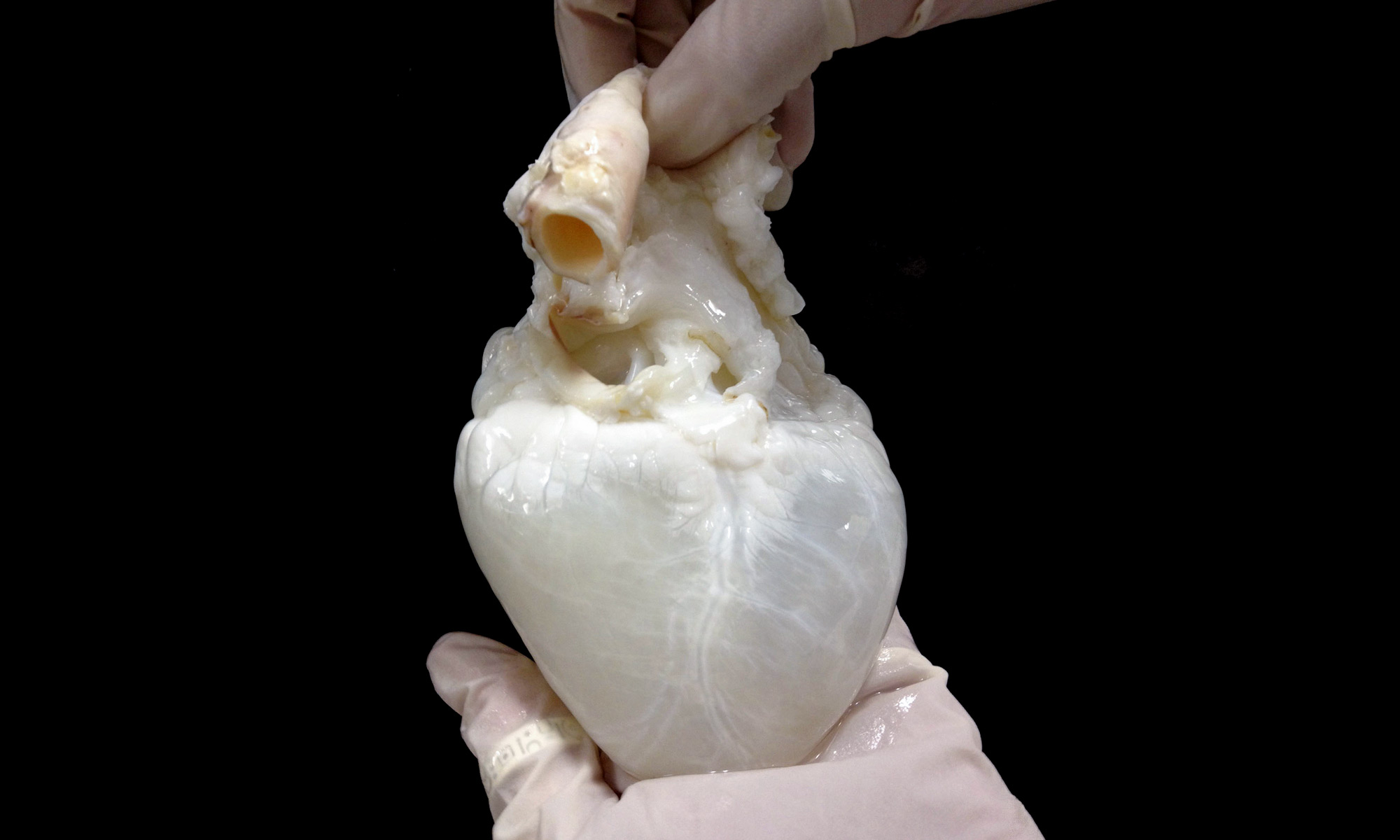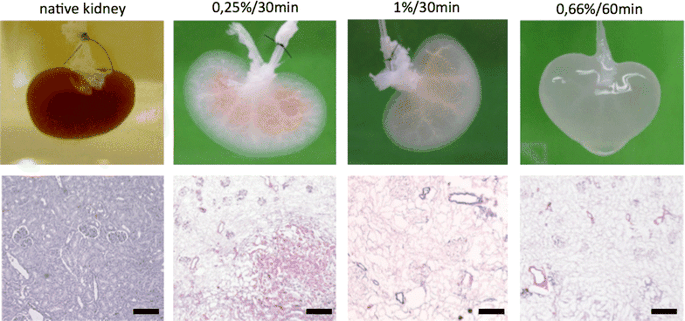Decellularization
Decellularization is a process whereby living cells and nuclear material are removed from tissues without affecting the structural integrity and composition of the cells. By removing all the insides of the cells all that is left is the cells natural scaffolding. To achieve this the tissue (plant or animal) is soaked in a salt called Sodium Dodecyl Sulfate (SDS).



While this can be done on plant cells to just leave behind the cellulose it can also be done on human tissue.


The advantage of decellularization on human tissues is that there are no anigens present once all the cell insides are removed. Once a organ has been decellularized its donors blood type does not matter anymore. A decellularized organ is the perfect blank slate for a transplant as anyone can reccieve it regardless of blood type.
Currently research is being done on the seeding of decellularized plant tissues with human cells. Here is an example of researchers seeding cardiac tissue on a spinach cell scaffold.
Sources:
https://www.ncbi.nlm.nih.gov/pmc/articles/PMC3084613/
https://www.wpi.edu/news/wpi-team-grows-heart-tissue-spinach-leaves
https://www.researchgate.net/figure/Perfusion-decellularization-of-whole-rat-hearts-A-C-Photographs-of-cadaveric-rat_fig2_273155530
